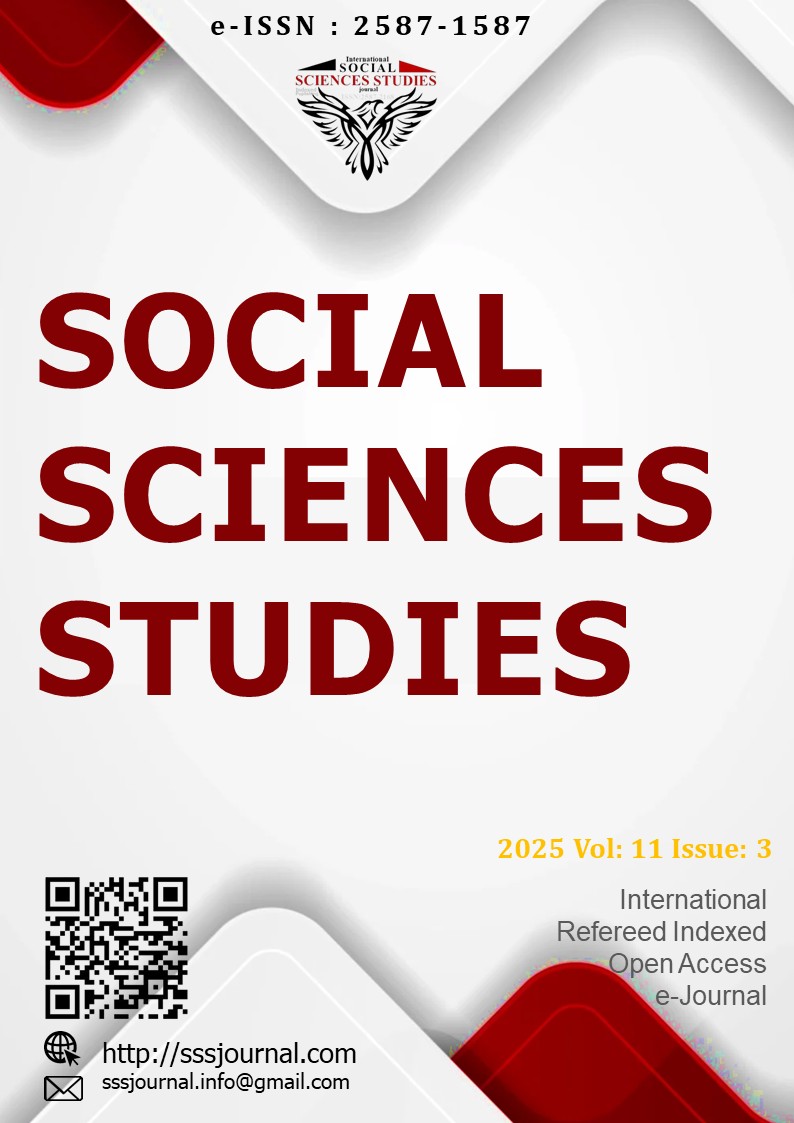Batı Avrupa Ülkelerinde Doğrudan Yabancı Yatırımların Ekolojik Ayak İzi Üzerindeki Etkisi: Panel Veri Analizi
Author :
Abstract
|
Doğrudan yabancı yatırımlar, ev sahibi ülkeler için iktisadi büyümede önemli bir sermaye kaynağı iken çevresel etki boyutunda da iki farklı şekilde ele alınmaktadır. Bunlardan ilki, çevresel düzenlemelerin gevşek olduğu ülkelerde doğrudan yabancı yatırımlar yoluyla kirli endüstrilerin ev sahibi ülkede meydana getireceği çevresel bozulmaları bildiren Kirlilik Sığınağı Hipotezidir. Diğer durum ise yine doğrudan yabancı yatırımların temiz üretim teknolojilerinin yayılımını ve çevre yanlısı uygulamalar ile çevresel kaliteyi artırıcı etkisini ifade eden Kirlilik Hale Hipotezidir. Bu çalışmada Batı Avrupa ülkelerinde Kirlilik Hale Hipotezinin geçerliliği, 2000-2022 yıl aralığı için panel veri analizi ile test edilmiştir. Analizde doğrudan yabancı yatırımlar, kirliliği temsilen ele alınan ekolojik ayak izini azaltma yönünde olumlu bir etkisinin olduğunu göstermektedir. Ancak bu etkinin sınırlı kaldığı görülmektedir. Bu sonuç, hâlihazırda Batı Avrupa ülkelerinde çevresel düzenlemeler sıkı olduğu için doğrudan yabancı yatırımların çevre kalitesini artırıcı etkisinin görece düşük olduğunu ortaya koymaktadır. Söz konusu ülke grubunda çevre dostu üretime ve de yenilenebilir enerji teknolojilerine yatırım yapmak isteyen çok uluslu firmalar için finansal destek ve vergi indirimi sağlandığı takdirde yeşil doğrudan yabancı yatırımlar cazip bir noktaya geldiğinde, söz konusu etkinin artacağı düşünülmektedir. |
Keywords
Abstract
|
While foreign direct investment is an important source of capital for host countries in economic growth, it is also handled in two different ways in terms of its environmental impact. The first one is the Pollution Haven Hypothesis, which reports the environmental degradation in the host country caused by dirty industries through foreign direct investment in countries with weak environmental regulations. The other case is the Pollution Halo Hypothesis, which refers to the spillover effect of foreign direct investment on the diffusion of cleaner production technologies pro-environmental practices, and environmental quality. In this study, the validity of the Pollution Halo Hypothesis in Western European countries is tested with panel data analysis for the period 2000-2022. The analysis shows that foreign direct investments have a positive impact on reducing the ecological footprint, which is taken as a representative of pollution. However, this effect appears to be limited. This result suggests that the impact of foreign direct investment on improving environmental quality is relatively low in Western European countries as they currently have strict environmental regulations. This effect is expected to increase when green foreign direct investments are made attractive by providing financial support and tax incentives for multinational firms that want to invest in environmentally friendly production and renewable energy technologies in this group of countries. |





